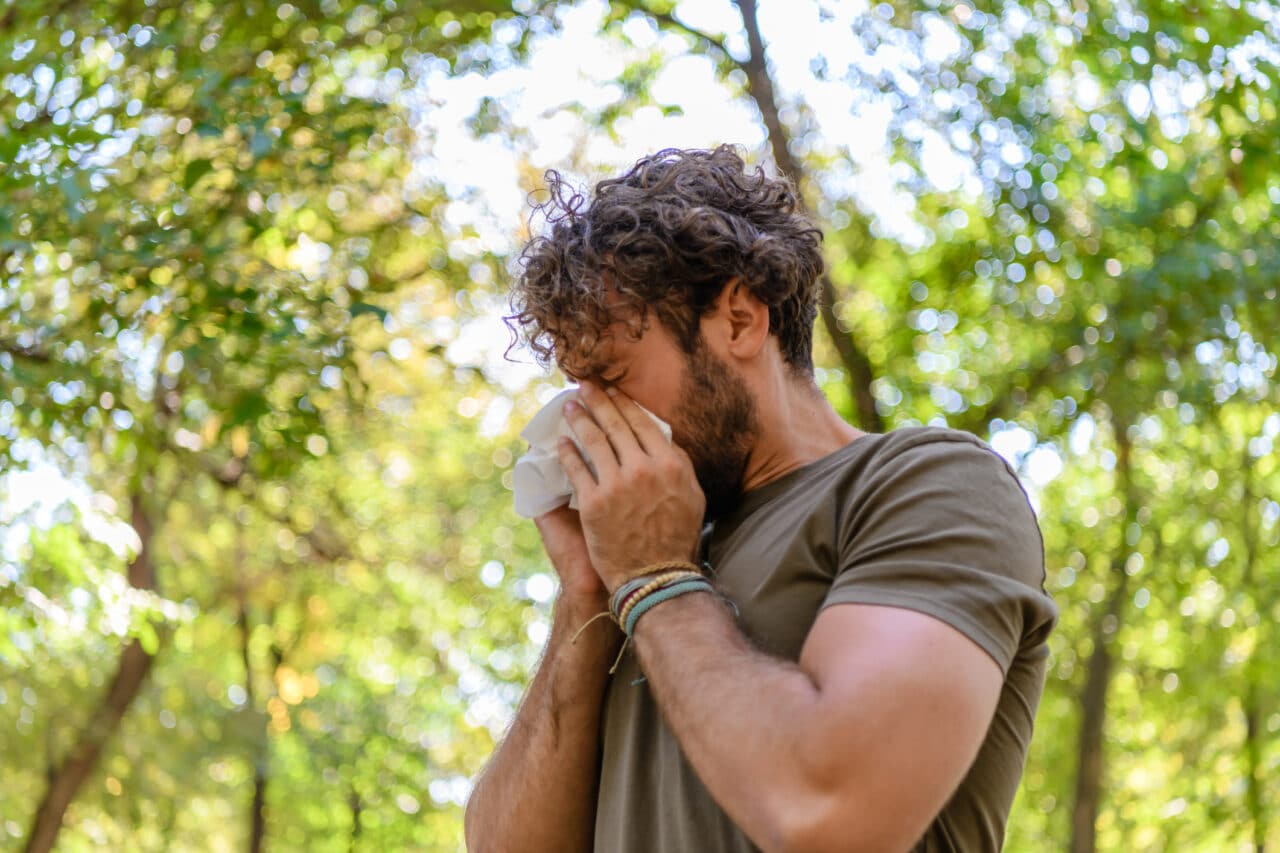Allergic reactions can range from mild to life-threatening. If you have serious allergies, let’s look at some of the best steps you can take to keep yourself safe.
What Happens During an Allergic Reaction?

If you have allergies, it means your body is reacting to a harmless substance (like the pollen you might encounter while out on a walk at Pine Mountain Trail) as if it were harmful. When your body comes into contact with a substance you are allergic to, it creates antibodies to help fight it, which triggers symptoms like nasal congestion and watery eyes, in addition to more serious reactions.
What To Do if You Have Allergies
If you suspect you have allergies but are unsure what is triggering them, the first step is to visit an allergist. They can assess your symptoms and perform allergy testing to help identify your specific allergy triggers.
According to the American College of Allergy, Asthma & Immunology, once allergies are diagnosed, treatment options include “avoidance, eliminating or decreasing your exposure to the irritants or allergens that trigger your symptoms, medication and immunotherapy.”
Take Steps To Avoid Your Triggers
The only surefire way to completely prevent your symptoms is to avoid your allergy symptoms. In some cases, complete avoidance might not be possible, but you can reduce your exposure to minimize symptoms. Ways to avoid or minimize your exposure to triggers include:
- Asking about ingredients when eating out at restaurants
- Reading food labels carefully
- Informing others of any food allergies before dining at their home
- Avoiding wearing fragrant perfumes or lotions
- Washing your sheets and vacuum regularly
- Keeping your windows to your home and car closed
- Showering before getting into bed
- Investing in a high-quality air filter for your home
Try Medications
Medications like over-the-counter or antihistamines can help minimize your allergy symptoms. Additionally, if you are at risk of severe allergies, your doctor will prescribe you an epinephrine injector to be used in case of anaphylaxis. Make sure you know how to use it and carry it with you at all times in case of accidental exposure.
Immunotherapy
Immunotherapy may be considered in some cases of severe allergies. This is a method of treatment that involves building tolerance to an allergen by introducing it to the body in small doses over a period of several years. It’s often given in the form of injections (allergy shots) but can also be administered sublingually using allergy drops or tablets.
For information on managing serious allergies or to schedule an appointment with one of our specialists, contact ENT of Georgia North today.